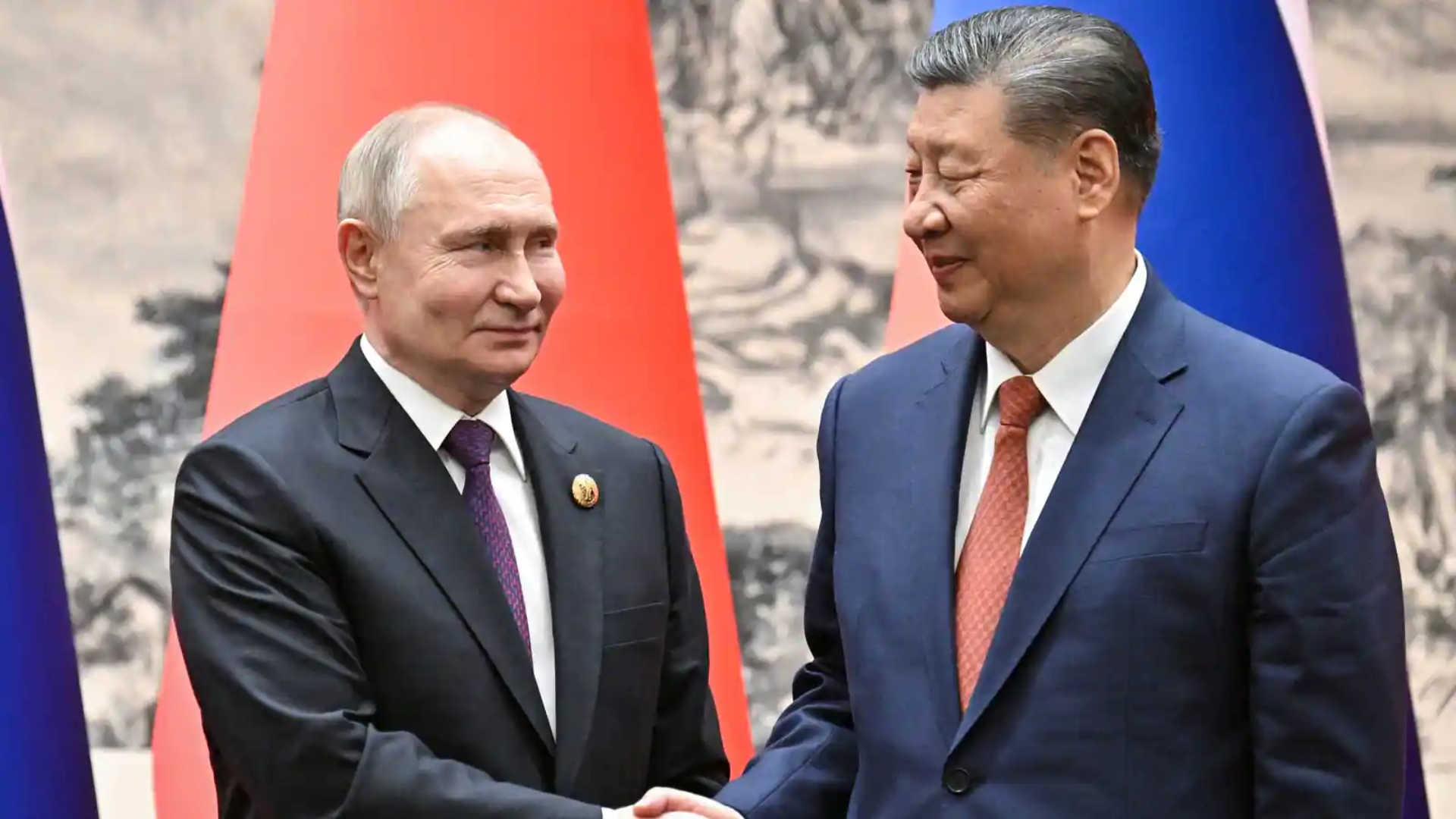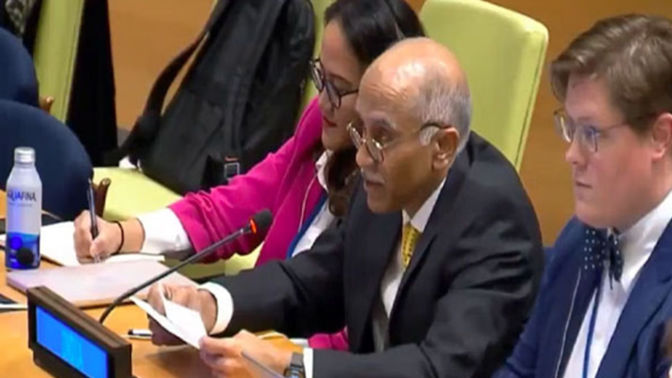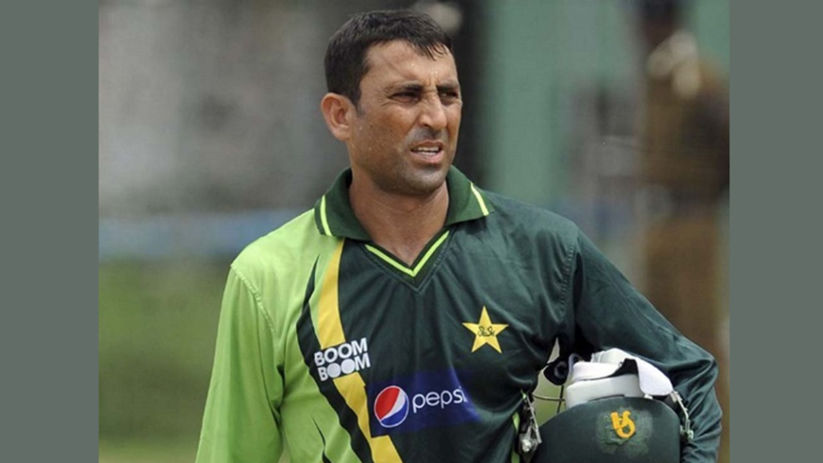
The United States has voiced its dissatisfaction with China’s stance on the ongoing conflict between Russia and Ukraine. According to Vedant Patel, principal deputy spokesperson for the US State Department, China cannot maintain strong relationships with Europe and other nations while simultaneously supporting Russia’s actions.
“The People’s Republic of China can’t have its cake and eat it too.
You cannot have it both ways. You want to have good, further stronger, deeper relationships with Europe and other countries. While simultaneously continuing to fuel the biggest threat to European security in a long time. It’s important of this is not just the US position, it is one that is shared by our partners in the G7, our partners at Nato and our partners in the EU,” Vedant Patel said
Patel emphasized that China must choose between fostering stronger ties with Europe and continuing to support Russia, labeling it as a threat to European security. This sentiment was echoed by partners in the G7, NATO, and the European Union, Patel stated during a daily press briefing.
Amid the criticism, Chinese President Xi Jinping welcomed Russian President Vladimir Putin for a state visit in Beijing. Expressing willingness to collaborate with Putin, Xi suggested using the 75th anniversary of diplomatic ties as a catalyst for enhancing bilateral cooperation.
During talks at the Great Hall of the People, Xi highlighted China’s modernization efforts and emphasized the significance of both countries as permanent members of the United Nations Security Council and major emerging markets.
Before Putin’s visit, Xi Jinping concluded a five-day tour of Europe, visiting France, Serbia, and Hungary. Analysts suggest that Xi’s primary objective during the European visit was to advocate for a world with reduced US dominance.
In France, President Emmanuel Macron welcomed Xi with luxury cognac and engaged in discussions on trade and investments. In Serbia, President Aleksandar Vucic organized a grand welcome, reflecting the growing ties between China and Serbia.
Xi’s visit aimed to manage the damage to China’s ties with the European Union amidst escalating trade tensions. European concerns revolve around potential tariffs and investigations into Chinese subsidies, particularly for electric vehicles, which European officials claim are negatively impacting local industries.















